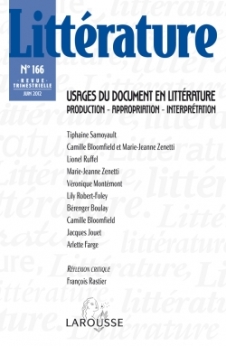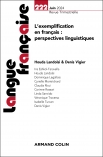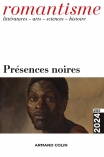
Littérature n° 166 (2/2012)
Pour acheter ce numéro, contactez-nous
Recevez les numéros de l'année en cours et accédez à l'intégralité des articles en ligne.
On ignore généralement que Primo Levi fut aussi un poète et un traducteur. Loin d’être anecdotiques, ces deux aspects de son oeuvre contribuent à son projet esthétique et éthique. Le témoignage de l’extermination s’adresse en effet à l’humanité toute entière et les traductions de Levi, tout en témoignant d’un cosmopolitisme résolu, lui permettent de prolonger allusivement sa mission testimoniale. Gaëtan Pégny questionne à ce propos François Rastier sur son livre Ulysse à Auschwitz – Primo Levi, le survivant.
Very seldom do people know that Primo Levi was also a poet and a translator. Far from being anecdotal, these two aspects of his work contribute to his aesthetic and ethical project. Testifying about the Holocaust elects as its public humanity as a whole and Levi’s translations, at the same time as they show him for the resolute cosmopolitan he was, allow him to continue through allusion his work of testimony. Gaëtan Pégny interviews François Rastier on these issues regarding his book Ulysse à Auschwitz – Primo Levi, le survivant.

